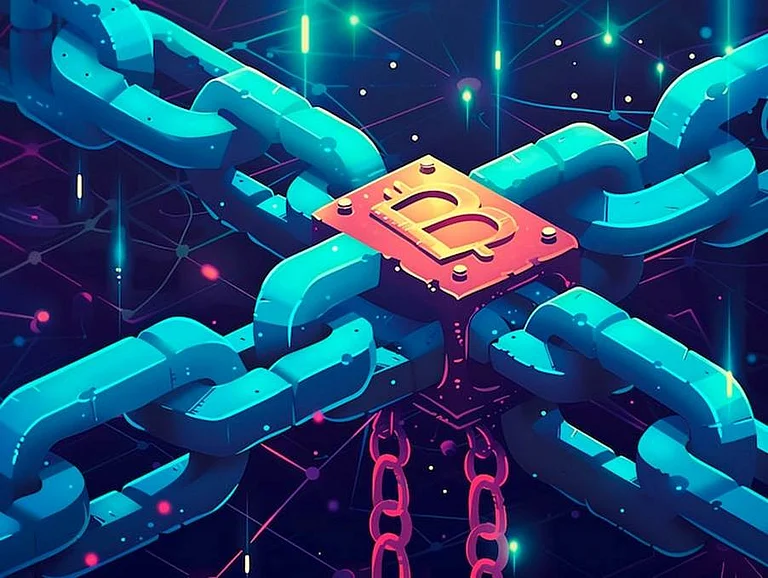With the Internet of Things (IoT), an entirely new era of innovation has begun, ranging from transportation to smart home control and automation, to entertainment. A benefit of the Internet of Things is also evident in the healthcare industry.
Technology advances have played a key role in driving a lot of the changes in the healthcare industry today. The Internet of Things plays a huge role in the healthcare industry, offering countless uses from drug management to patient monitoring.
In recent years, the Internet of Things has had a major impact on healthcare, making it one of the most important technological developments. We take a look at how the Internet of Things is revolutionizing the healthcare industry.
Benefits of IoT in Healthcare
Monitor patients in real-time – Patient health status can be tracked in real-time using smart healthcare devices. They remind patients to check their health status on a regular basis. Early notification of medical emergencies like heart failure or an asthma attack is provided by the device, which enables doctors to be contacted directly.
Remote monitoring - The Internet of Things offers us the opportunity to constantly monitor patients at home. Mobile devices connected to the internet are used by patients of all ages in many daily activities. As a result, healthcare organizations can be more involved in patients' daily lives without extensive training.
Historically, doctors and nurses monitored patients only in hospital or clinic settings, which resulted in extended stays and incomplete data. The IoT can, however, facilitate continuous patient monitoring with wearable biosensors. Medical professionals are now able to gain access to critical data in real time, as well as obtain more accurate and complete information.
Alerts and warning systems can assist medical professionals when patients wear wearable devices to monitor their health. Patients can often be contacted before symptoms appear and instructed to seek further treatment.
Patients can benefit from these proactive approaches to healthcare by improving their outcomes and providing better care.
Reduced Costs -
Through the use of IoT solutions and connected medical devices, the doctor can monitor the patient remotely in real-time, allowing for faster treatment and reducing hospital expenses and resource usage.
Patient Accountability -
Using IoT technology, patients can access a wide range of medical data and take control of their health. Despite fitness trackers and smart watches not being intended to be medical devices, their use has a positive impact on patient accountability.
Patients are taking a more proactive approach to their well-being rather than waiting for periodic medical updates after an event. Smart devices, such as those that monitor heart rate, activity, or even blood sugar levels, make people more accountable for their health. Consequently, patients have become more health-conscious and more capable of managing their health on their own.
The prevention of pandemics -
Globally, governments are taking more proactive measures to prevent pandemics after COVID-19 devastated the world. The experience of first-hand effects of new viruses has increased pressure for future preventative measures.
IoT makes this possible thanks to its ability to connect things together. For example, smart thermometers have already been used to detect COVID-19 clusters in regional areas. A viral spread can be greatly improved with IoT technology when asymptotic individuals are involved, as with COVID-19.
How will healthcare look in the future?
There will be more transformations in the healthcare sector as a result of the Internet of Things. As technology evolves, we will see more effective treatments, faster diagnoses, and easier access to healthcare services.
There is no doubt that this is good news for patients, but it's also an exciting development for doctors. There is no surprise that so many talented professionals are inspired to pursue careers in healthcare when they have access to smart devices and data.





















.png?w=200&auto=format%2Ccompress&fit=max)




